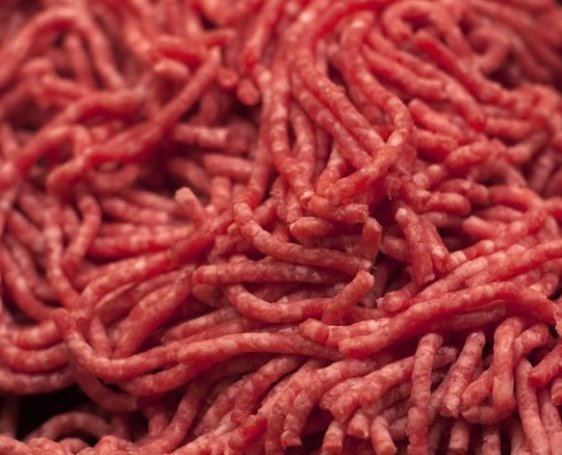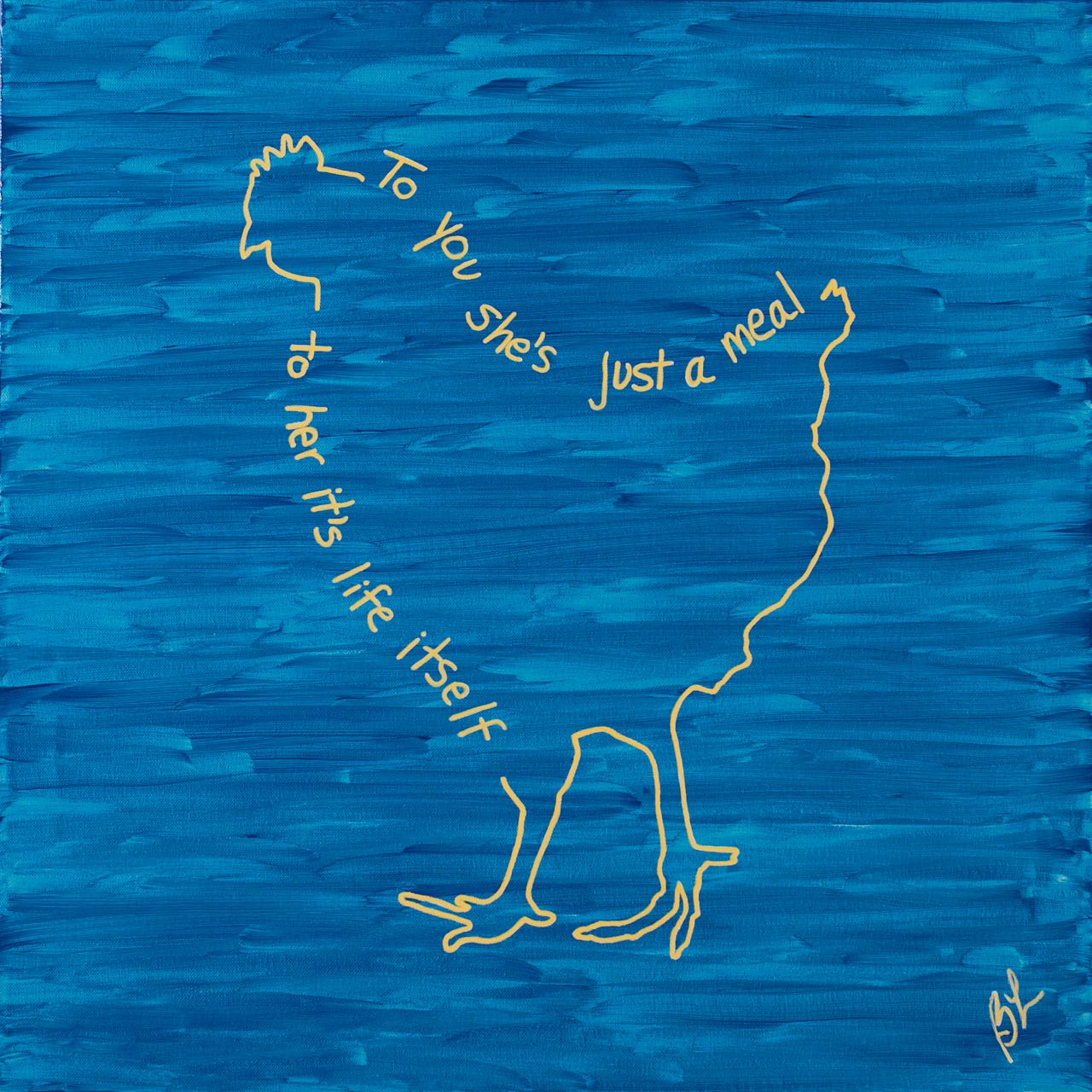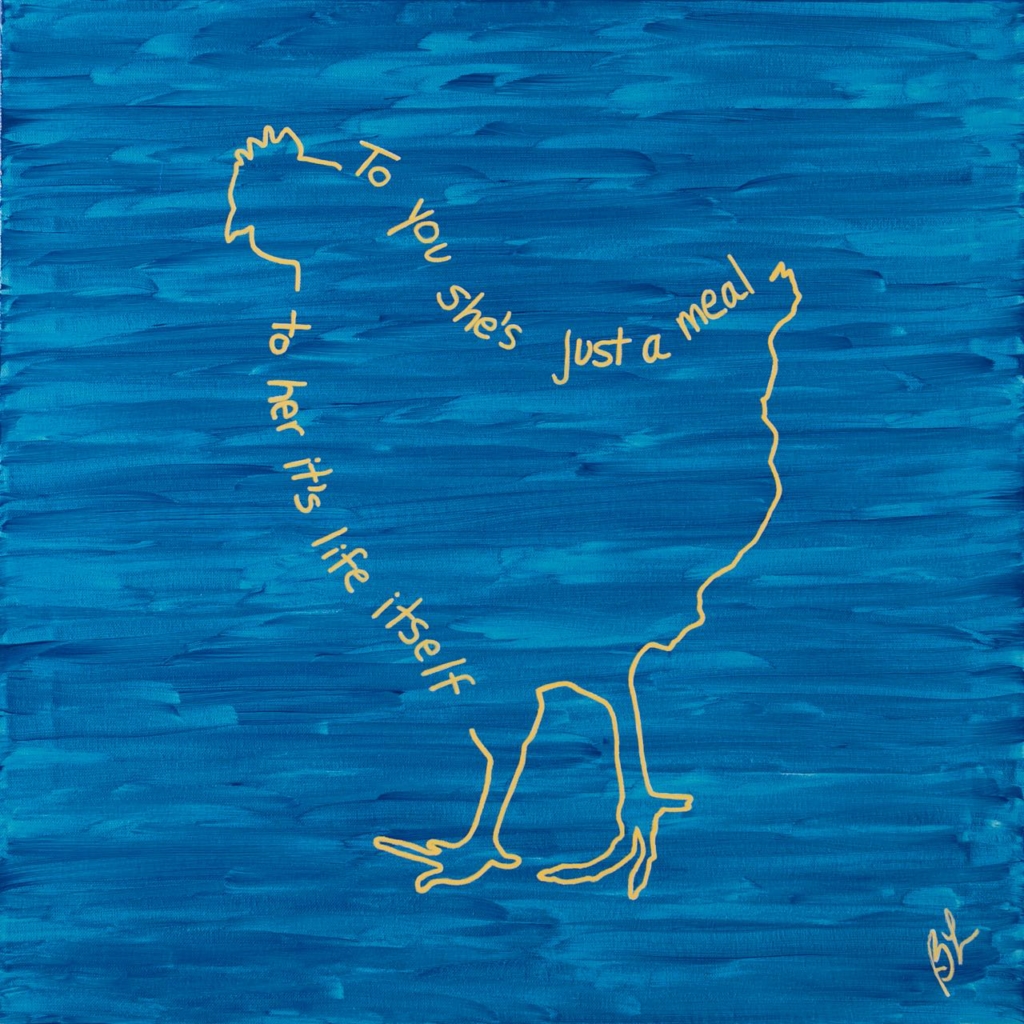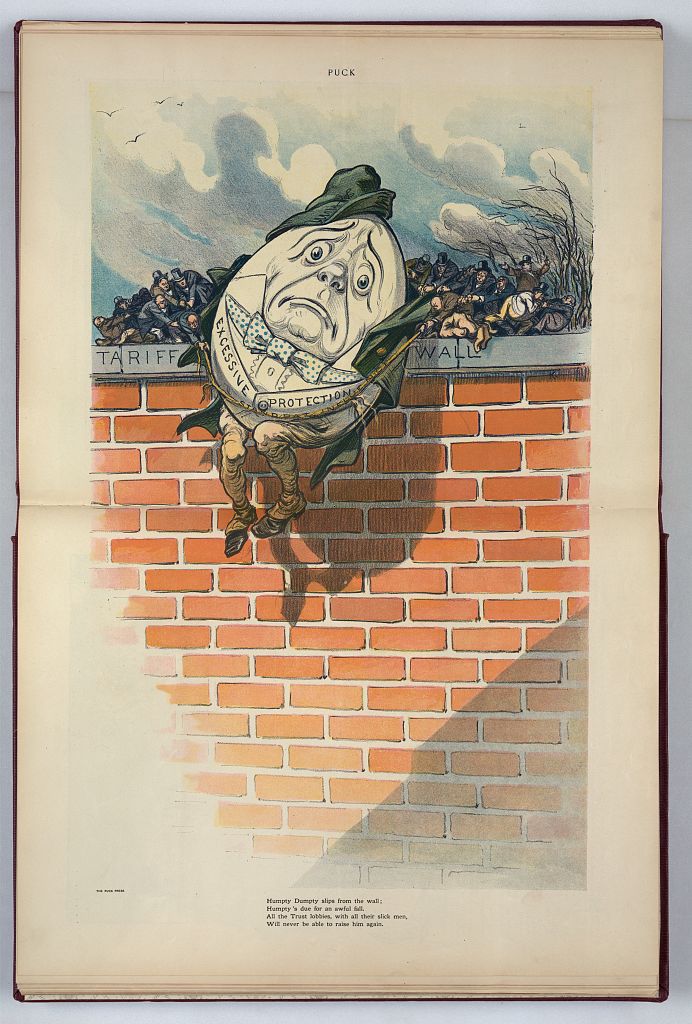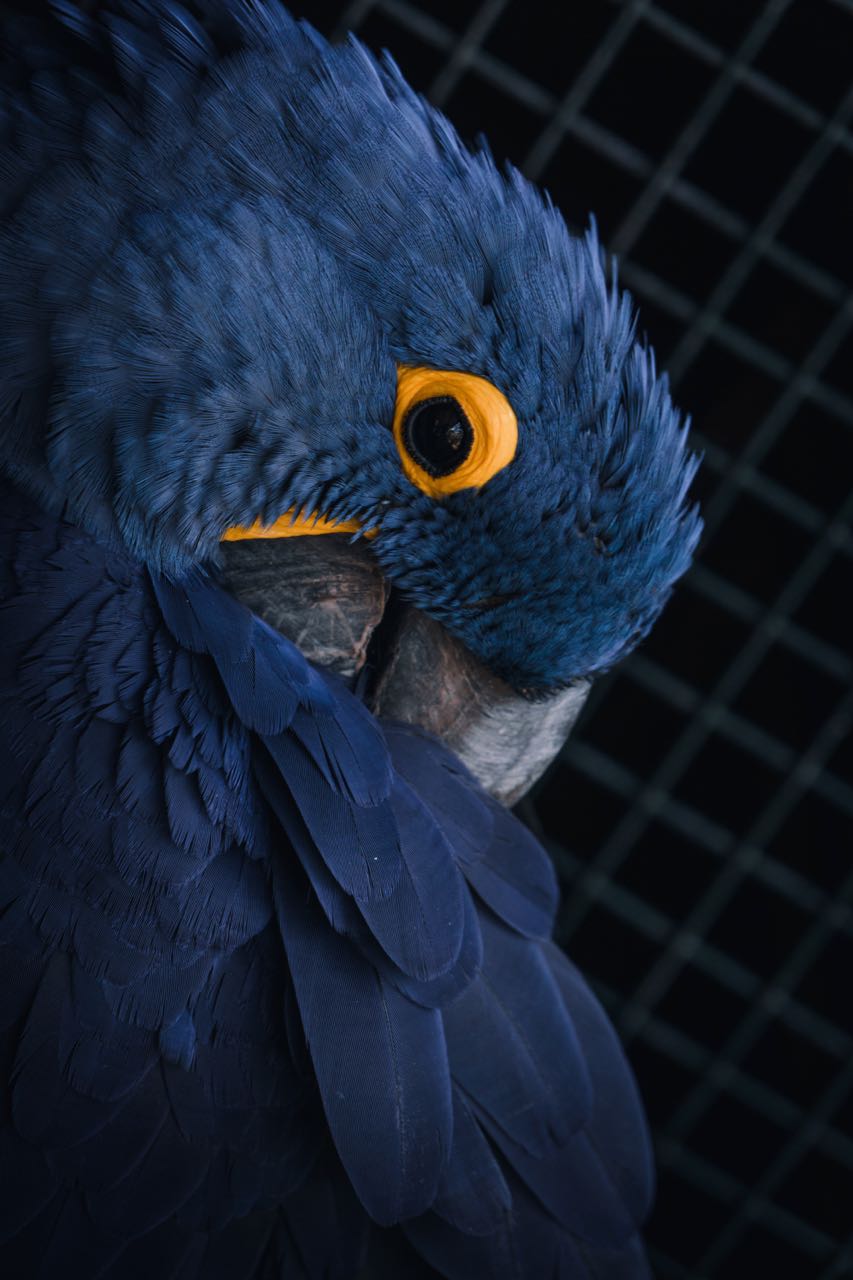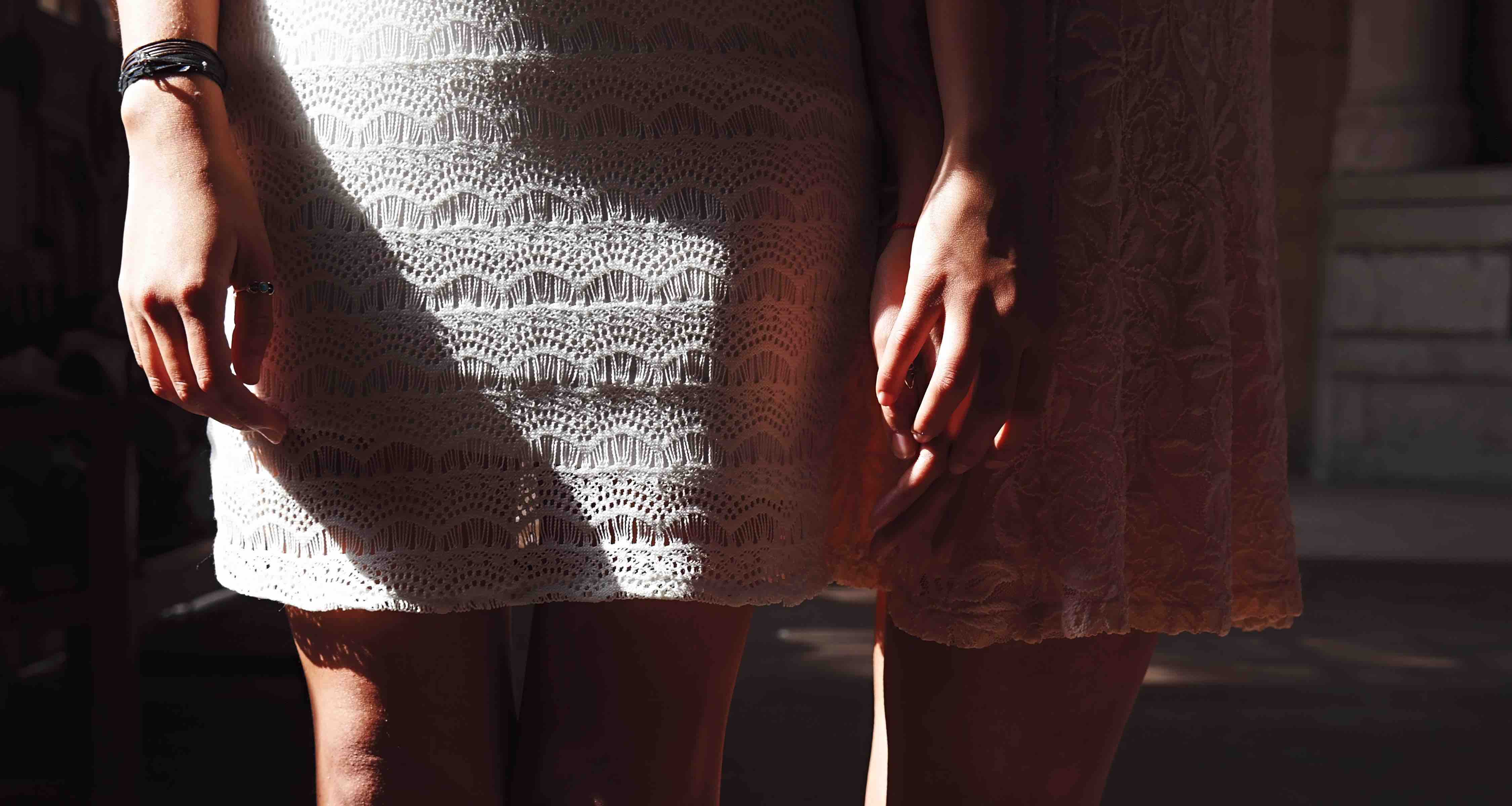Going Gray: A Woman’s Right to Choose
By Dorothy Rice
In a 2005 essay, Nora Ephron wrote, “There’s a reason why 40, 50, and 60 don’t look the way they used to, and it’s not because of feminism or better living through exercise. It’s because of hair dye.” She went on to say, “In the 1950s, only 7 percent of American women dyed their hair; today there are parts of Manhattan and LA where there are no gray-haired women at all.”
The same could have been said about Sacramento, where I live.
That 2005 essay coincided with the first time I grew out my gray. After decades coloring, high-lighting and straightening my hair, it had begun to fall out in clumps. I went cold turkey. When my swath of graying roots had widened to a few inches, I hacked off over a foot of dark-brown hair, leaving little more than a salt and pepper helmet. As if by magic, I acquired a new super power, invisibility. Walking the streets of the city where I’d lived and worked for thirty years, acquaintances rushed past without a glimmer of recognition.
I’d become a ghost. I considered a career as a jewel thief or spy—there was no chance I’d be identified in a lineup.
Thankfully, my hair grows fast. Within two years it was long enough to weave a decent French braid. Multi-hued strands twined between my shoulder blades like colorful embroidery threads. Holding a hand mirror and considering the effect from all angles, I was pleased. No more helmet of shame. Women of a certain age began to sidle up to me on the sidewalk and in the super market produce aisle and whisper that I was brave, that they would never have the guts to go gray. They all assured me that while I looked great, it would look awful on them.
The first few times this happened, I was flattered. Brave beat invisible. But when the reaction became routine, I had to wonder. Was I brave because I’d stopped coloring my gray or because I dared to go out in public?
Then came the coup de grâce. I was out to lunch with my sisters, all three of us hovering around sixty. As she took our orders, and without a moment’s hesitation, the twenty-something waitress congratulated me on my beautiful daughters.
“Mother, daughter lunches are the best,” she added, beaming down at us.
A lifetime of sibling rivalry reared its head. I’d weathered invisibility and being lauded for unearned heroism, but I could not abide being mistaken for my sisters’ mother. I returned to the salon.
Fast forward five years. At another lunch with my sisters and our partners, my older sister announced that she was ready; it was time for her to go gray.
“Wouldn’t it be fun if the three of us did it together?” she said.
My younger sister’s boyfriend—also in his sixties, with lovely white hair—blinked at his beloved’s cascade of chestnut curls, pushed back his chair and blurted, “I didn’t know you dyed your hair.”
“Awkward,” my older sister said.
“My sister went gray,” the boyfriend added, in a sober tone, “I think it makes her looks old.”
I’ve met his sister. She doesn’t look old. She looks her age.
I didn’t say anything. No point starting a family feud. But inside, I fumed. Why are men allowed to age gracefully, to own their years, without being labeled old? And what’s wrong with old, anyway?
This pressure for mature women to masquerade as girls is blatant sexism and ageism, and I wasn’t having it. At past sixty, my inner 60s activist roared to life.
I went gray, again.
That was two years ago. I now have half a foot of mixed gray, white and gunmetal up top and another six inches of dyed brown at the bottom. A reverse ombré. Younger women pay good money to flaunt their dark roots in the name of fashion. I flaunt my lighter roots with no effort at all.
The hair color landscape has changed since Ephron’s 2005 essay. According to the fashion magazines, gray is now the number one hair color trend. Of course, the photos accompanying these articles often show younger women—celebrities and style icons—whose dramatic ashen locks contrast with their youthful complexions.
This time around, my hair garners complements from young twenty- and thirty-something women, often with pink, blue or gray hair. The reaction from my female peers has changed too.
“I love your hair,” they say. “It’s so sexy.”
I’ve yet to receive any comments from men. I imagine they look at me and through me. Perhaps they see their mothers and grandmothers, rather than someone they might conceivably have sex with.
Don’t they look in the mirror?
Dorothy Rice is the author The Reluctant Artist, an art book/memoir published by Shanti Arts in October 2015. Gray Is the New Black, a memoir of ageism, sexism and self-acceptance, is forthcoming from Otis Books in Spring 2019. After raising five children and retiring from a career in environmental protection, Rice earned an MFA in Creative Writing from UC Riverside, Palm Desert, at 60. Her essays and stories have been widely published in literary journals. Learn more at www.dorothyriceauthor.com.
Photo courtesy of the author.





